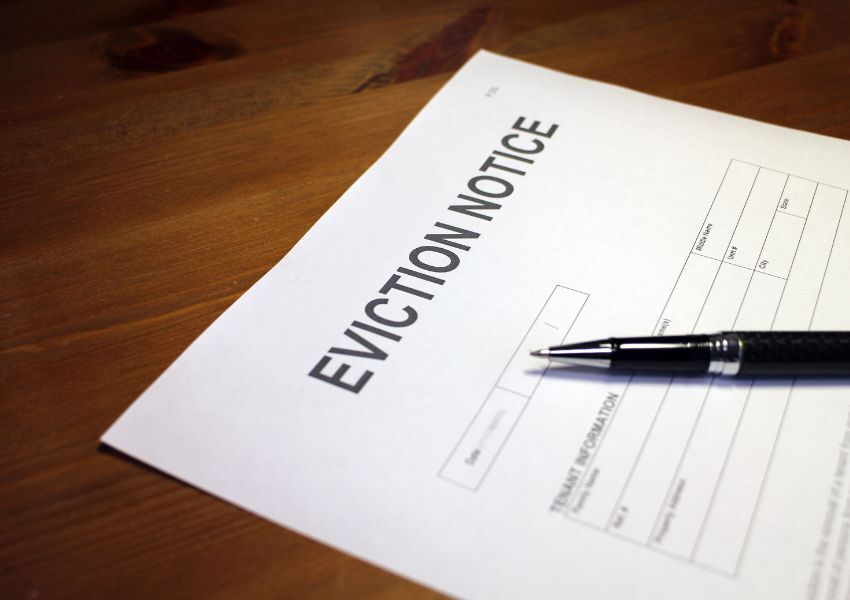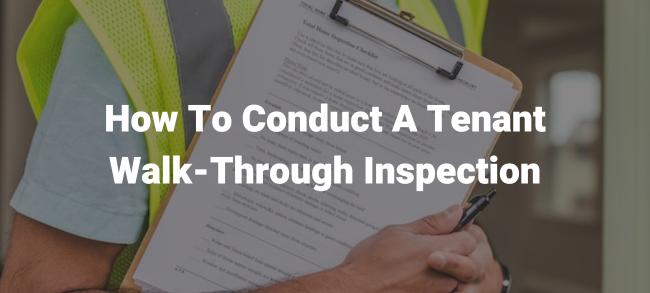Holdover Tenant

Although landlords encourage the residents to sign ongoing leases, it does happen occasionally that a renter will continue to occupy a home after the formal tenancy has ended. The real estate term these people are referred to as is "holdover tenants."
At Advantage Realty Services, we are aware that this circumstance could result in both good and bad consequences. So, it is crucial that you understand what a holdover tenant is and how they can impact your rental business.
Defining a Holdover Tenant
A holdover tenant is an occupant who continues to live in your property after their lease has expired. Holdover renters are a typical part of the real estate industry, but different states manage them in different ways.
Leases and Holdover Tenants
Any time a lease ends without the tenants signing a new term, holdover tenants are the outcome. According to state regulations, the terms of the outgoing lease may convert to a month-to-month arrangement. But this does not afford you with the same rights and benefits for the property that a long-term lease would.
Most tenants appreciate the holding period because it allows them to remain on the property without entering into a long-term agreement. But landlords will usually prefer that tenants agree to a new lease when it is practical.

Tenants could easily turn into liabilities or cause issues if there isn't a continuous agreement that spells out the conditions of the renting. These problems include admitting pets without approval or paying rent erroneously may be challenging to overcome when you have a renter with communication issues.
Holdover Tenant Duration
Many states usually regard a holdover renter to be a tenant for the remainder of the monthly payment term if the landlord still receives rent despite them not entering into a new contract.
For instance, a tenant is considered to have a month-to-month tenancy if the landlord begins accepting rent, which is typically on the first day of each month.
In this case, the lease may be formally terminated by either party by issuing the other one a formal notice.
For example, if it is a month-month lease, the landlord must inform the tenant that they must vacate the property at least a month before the date they are expected to. Most states mandate a written notification to be provided at least one year ahead if rent is payable in one annual "lump payment."
Potential Holdover Tenant Complications
If a tenant stays in the rental home after the contract has finished, a number of issues could occur, such as:

- For obstinate tenants, different rules regarding eviction proceedings and other methods employed in landlord-tenant disputes apply. Ensure you adhere to the laws of your unique jurisdiction by carefully reviewing your state's laws.
- If you have vacancy enquiries, you won't have a choice because it may be more difficult to evict a holdover tenant if they keep paying rent. While the renter continues to occupy the apartment without a lease, they may put off maintaining the property as they should.
- Regulations on holdout tenants may prevent you from raising the rental price for the term of the tenant's occupancy, and possibly even beyond.
What Can I Do About A Holdover Tenant?
As a landlord, you have several options:
Permit the Tenant to Continue
This situation can be regarded as a month-to-month rental agreement as the underlying contract lacks a clear termination clause, according to the terms of your first lease and local legislation.
If these conditions were absent from your prior lease, it could be advisable for you to negotiate a new one rather than leave your channels open.
If a lingering renter pays rent, you may not evict them for violating the conditions of their lease. If you aren't sure that you're okay with a renter renting for a long time, don't collect rent from the tenant.
Apply for a Holdover Tenant Eviction
In this form of eviction, the former renter is considered a trespasser as the eviction procedure is being carried out.

If rent is received from tenants, it may be more difficult to enforce an eviction. Decline the rent offer instead of accepting it, and then send a notice to leave for exceeding the lease's allowable occupancy period.
Dissolve the Lease Agreement
While it might be tempting to continue receiving rent from the tenant, you are putting yourself in a difficult position. One of the best solutions, should the tenant not be clear on whether they are renewing the lease or not, is to dissolve the agreement.
Local provisions, in particular State Landlord-Tenant Law, should guide you on the time period that the renter will be allowed to exit the premises. Should the renter refuse to leave after the termination of the agreement, you would need to file for an eviction.
Bottom Line
The biggest issue for most landlords when a holdover first happens is that they are unaware of what to do. Especially when the duties that come with investment property ownership in Tampa Bay or the surrounding area might make it seem like a full-time job.
Consider hiring the property managers at Advantage Realty Services. We are one of Tampa's oldest property management companies, having been in business for over 31 years. In all we do, our team of committed property managers brings a solid foundation of knowledge. Contact us today!








